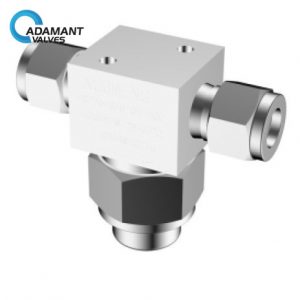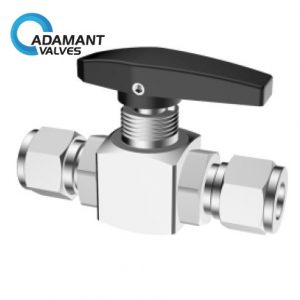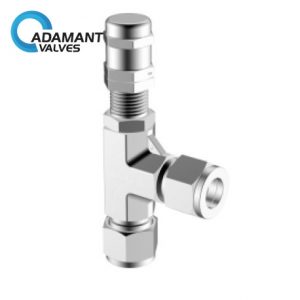Advantages and Disadvantages of Hydraulic Valves
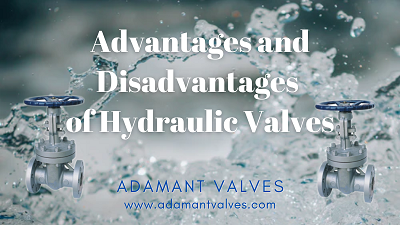
What is a Hydraulic Valve?
Hydraulic valves are used to regulate fluid flow in a hydraulic system. They can open, close, or redirect pressurized fluid and regulate the flow rate.
The hydraulic sanitary valve is an automation component operated by pressure oil, usually in combination with an electromagnetic pressure valve. Hydraulic valves can be used to remotely control the on-off of oil, gas, and water pipeline systems in hydropower stations. Let’s learn more about the advantages and disadvantages of hydraulic valves.
How do Hydraulic Valves Work?
Hydraulic valves use actuating mechanisms that open, close, or regulate the valve using hydraulic force. They consist of three main parts: control, power, and actuator. The control part is composed of a pressure control valve, a flow control valve, a directional control valve, and an electrical control system. The power part is composed of a motor or pneumatic motor, hydraulic pump, fuel tank, and other components. It converts the effective power on the rotating shaft of an electric or pneumatic motor into fluid pressure energy that is hydraulically transmitted. There are two kinds of actuators. One is the hydraulic cylinder actuator, which makes reciprocating linear motion. The other is the hydraulic motor actuator, which makes rotary motion.
What are the Advantages and Disadvantages of Hydraulic Valves?
Advantages of Hydraulic Valves
1) Hydraulic valves have a simple and compact structure.
Hydraulic valves are small enough to fit into corners and places that are difficult to access. They can fit into your pipeline at almost any point and won’t take up extra space once installed.
2) Smooth and Reliable Hydraulic Transmission
Hydraulic systems offer the silky-smooth fluidity of liquid power transmission, so you can depend on a tight-sealing hydraulic valve for years to come.
3) Large Output Torque
Hydraulic power means extra power. Having more torque in valve actuation means that hydraulic valves can service fast flow rates and overcome high pressures easily.
4) Adjustable Output Torque
The output torque can be precisely adjusted by the constant pressure relief valve, including the adjustment of opening and closing torque, which can even be directly reflected by the hydraulic meter.
5) Convenient Speed Regulation
Regulating the flow rate is another important advantage of hydraulic valves. If your application demands articulate actuation and precise flow regulation, you should consider using hydraulic valves.
6) Performance in Power Failure Situations
In the event of a sudden accident and a power outage, we can still use a power accumulator to perform one or more operations. This has great significance for long-distance pipeline automatic emergency shut-off valves and discharge valves.
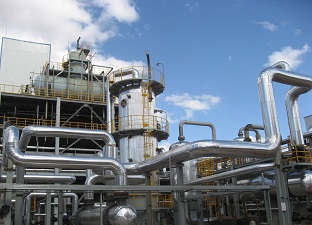
Advantages of Hydraulic Valves
Disadvantages of Hydraulic Sanitary Valves
1) Hydraulics are Prone to Temperature Changes
Temperature fluctuations can have a negative effect on hydraulic valve systems. Oil is prone to ambient temperature, and fast heat loss or gain can cause changes in oil viscosity, affecting the operation of the hydraulic components.
2) Not Compatible with Supply Pipes
It’s not readily convenient to install hydraulic valves on supply pipes in commercial and residential buildings because they can be susceptible to leakage.
3) Limited Computation
Hydraulic valves are not suitable for applications with various computations such as signal amplification, memorization, or logical judgment.
Conclusion
Thank you for reading our article and we hope it can help you better understand advantages and disadvantages of hydraulic valves. If you want to learn more about butterfly valves, we would like to advise you to visit the Adamant Valves homepage for more information.


